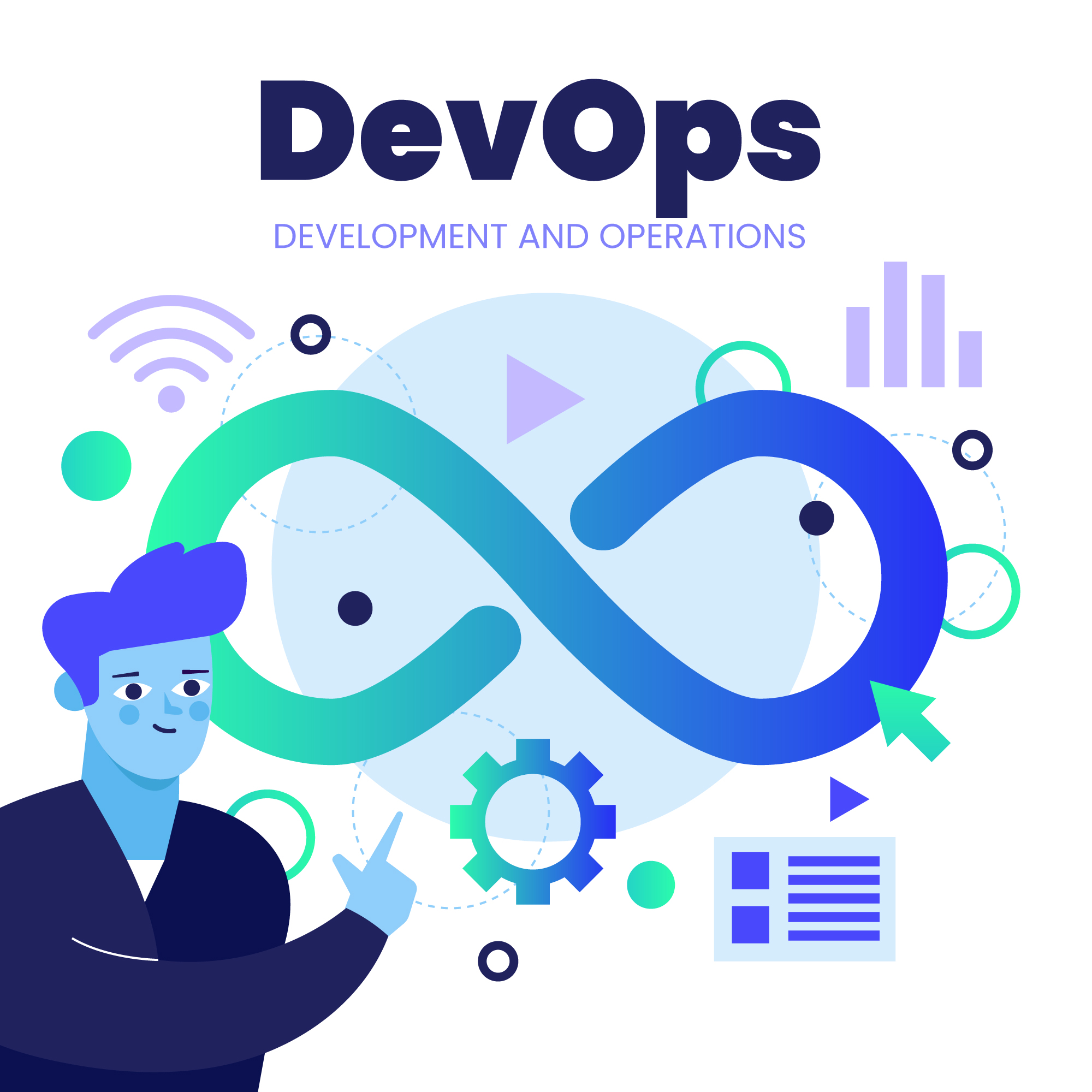When businesses scale, managing databases becomes mission-critical. That’s where the DBA Consultant comes in, a professional who provides expert database administration without the overhead of a full-time hire. But many organizations struggle with the classic question: Should you hire a consultant or keep an in-house DBA?
In this guide, we’ll break down the differences, explore real-world pros and cons, and help you decide which path best supports your business growth. We’ll also show how Tambena Consulting can help you choose and manage the right database for your web application.
What Is a DBA Consultant?
A DBA Consultant is a database expert who works with multiple organizations on demand. Instead of being tied to a single company, consultants bring broad experience across industries, database platforms, and performance optimization strategies.
Think of them as specialized troubleshooters who step in to:
- Optimize database performance
- Ensure scalability for high-traffic applications
- Handle data security and compliance
- Perform health checks and audits
- Guide database migrations and upgrades
Unlike a permanent DBA, consultants typically work under flexible contracts, giving businesses the ability to scale support as needed.
The Role of an In-House DBA
An in-house DBA – database administrator is a full-time employee who manages all aspects of your database system internally. Their responsibilities include:
- Daily monitoring of databases
- Backups and disaster recovery
- Query optimization
- User management and access control
- Troubleshooting database issues
Because they are embedded in the organization, in-house DBAs often have a deeper understanding of company-specific systems and long-term data needs.
DBA Consultant vs In-House DBA: Key Differences
Expertise and Flexibility
Consultants bring a wide range of knowledge from working across industries and technologies. They’re often up-to-date with the latest tools and security practices.
In-house DBAs, on the other hand, may be deeply specialized in your company’s stack but might lack exposure to newer technologies.
Cost Considerations
Hiring a full-time in-house DBA comes with a fixed salary, benefits, and overhead. For small to mid-sized businesses, this can be a heavy cost burden.
A DBA Consultant typically works on a project or retainer basis, making it easier to control costs and pay only for the expertise you need.
Availability and Response Time
- In-house DBAs are available daily and can address urgent issues instantly.
- Consultants may have scheduled hours, but many offer 24/7 support plans for critical systems.
Scalability
Growing businesses may outgrow the expertise of one in-house DBA. Consultants can step in with additional manpower, advanced optimization techniques, and migration strategies to ensure seamless scaling.
Pros and Cons of Hiring a DBA Consultant
Advantages
- Access to broad expertise
- Cost-effective for small businesses
- No recruitment or training time
- Flexible engagement models
Disadvantages
- May not know your systems as deeply as an in-house employee
- Potential delays if not on-call
- Requires strong communication to align with business goals
Pros and Cons of an In-House DBA
Advantages
- Immediate availability
- Deeper knowledge of your company’s systems
- Long-term alignment with company culture
Disadvantages
- Higher fixed costs
- Limited exposure to new technologies
- Risk of skill gaps if business scales quickly
Which Option Is Best for Your Business?
The decision depends on your organization’s size, budget, and growth trajectory.
- Startups and Small Businesses: A DBA Consultant makes sense for cost control and flexible scaling.
- Mid-Sized Companies: A hybrid approach (in-house DBA supported by a consultant) often works best.
- Large Enterprises: Full-time teams with occasional consultant input can ensure stability at scale.
How Tambena Consulting Helps You Choose the Right Database
Selecting and managing the right database for your web application isn’t just about performance; it’s about aligning technology with business goals. Tambena Consulting offers database consulting services that specialize in:
- Assessing your application’s current and future needs
- Recommending the most efficient database architecture (SQL, NoSQL, cloud-native)
- Managing migrations and integrations
- Providing ongoing monitoring and optimization
Whether you need a DBA Consultant for strategic guidance or full database management, Tambena ensures your data backbone is reliable, secure, and scalable.
Hybrid Approach: Combining a Consultant with an In-House DBA

For many businesses, the best solution isn’t choosing one over the other; it’s blending both. A hybrid model allows you to benefit from the daily reliability of an in-house DBA while leveraging the specialized skills of a DBA consultant for complex projects.
For example, your in-house administrator might handle monitoring, backups, and user support, while a consultant steps in for performance audits, advanced troubleshooting, or database migrations. This approach not only keeps costs balanced but also ensures your team stays current with best practices and emerging database technologies.
It’s particularly valuable for growing companies that have outpaced the bandwidth of a single DBA but aren’t ready to scale into a large internal team. By combining the strengths of both, you create a resilient, future-proof database management strategy that evolves with your business.
Making the Right Decision for Your Database Strategy
Choosing between a DBA Consultant and an in-house DBA isn’t about which is better; it’s about which is better for you. If you want flexibility, cost savings, and access to specialized knowledge, a consultant may be the right choice. If you need dedicated daily management, an in-house DBA might serve you best.
Ready to optimize your database strategy? Contact Tambena Consulting today and let us help you design the perfect database solution for your web application.
FAQs
Is it worth hiring a DBA Consultant?
Yes, if you need specialized expertise without the cost of a full-time hire. They’re especially valuable for migrations, performance tuning, and security audits.
Can a consultant fully replace an in-house DBA?
For small businesses, yes. For larger companies, consultants usually supplement in-house staff rather than replace them.
How much does a DBA Consultant cost?
Rates vary by experience, location, and scope. Many offer hourly, project-based, or retainer pricing.
What type of database is best for web applications?
It depends on your use case. SQL databases work well for structured data, while NoSQL is ideal for flexible, high-scale applications. Tambena Consulting helps you choose the right fit.
What’s the main difference between a consultant and an in-house DBA?
A consultant provides external, flexible expertise across multiple industries, while an in-house DBA works exclusively within your organization.






